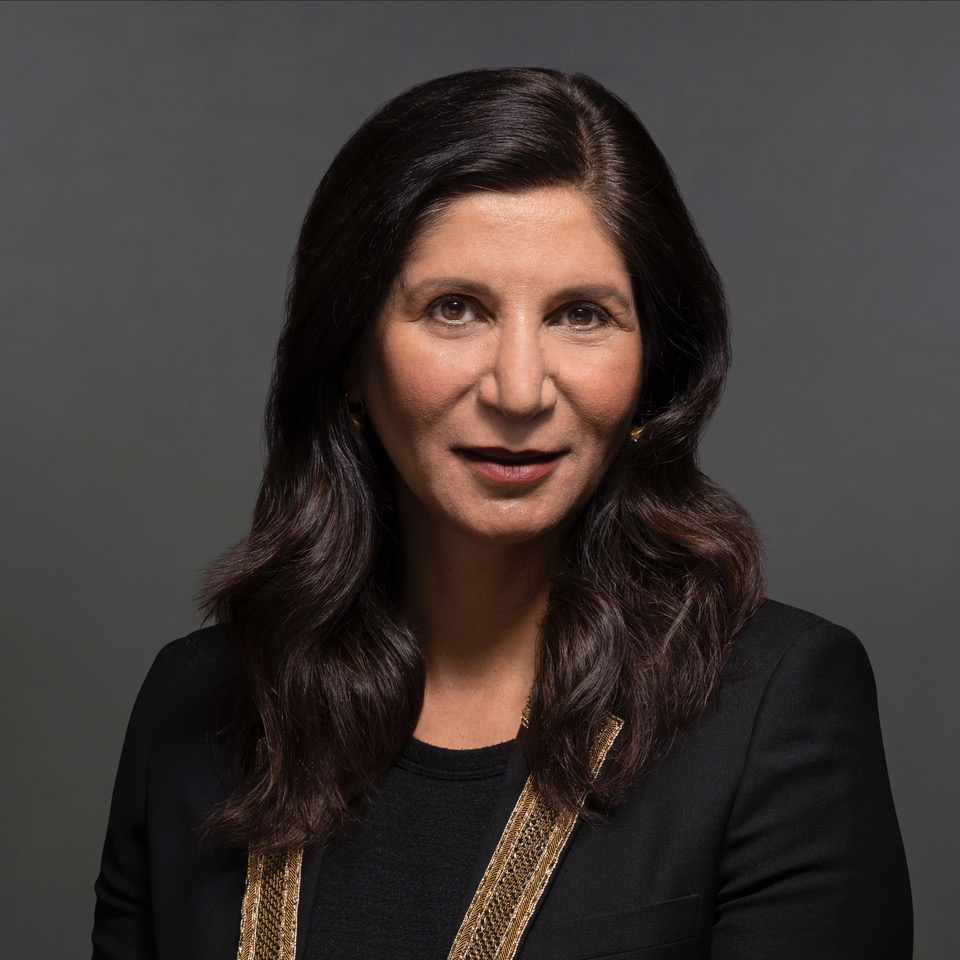Syria, the Security Council, and the Chemical Weapons Convention: a Reply to Jens Iverson
In his response earlier this week, Jens Iverson correctly points out that the Chemical Weapons Convention prohibits states parties from “retain[ing]” chemical weapons. And states do, of course, keep their stockpiles (after inventory and sealing by the Organization for the Prohibition on Chemical Weapons, or "OPCW") until they are destroyed. But a close reading of the treaty shows that “retain” clearly refers to retention after the authorized period.
Published by The Lawfare Institute
in Cooperation With

In his response earlier this week, Jens Iverson correctly points out that the Chemical Weapons Convention prohibits states parties from “retain[ing]” chemical weapons. And states do, of course, keep their stockpiles (after inventory and sealing by the Organization for the Prohibition on Chemical Weapons, or "OPCW") until they are destroyed. But a close reading of the treaty shows that “retain” clearly refers to retention after the authorized period. The destruction obligations detailed in its Article IV apply “to all chemical weapons owned or possessed by a State Party.” Thus the treaty itself distinguishes between ownership and possession during the destruction period and retention beyond that time. One doesn’t need to look to the object and purpose of the treaty in order to understand that keeping chemical weapons for purposes of destruction is permitted. This conclusion is supported by 16 years of state practice. In contrast, no state party has ever transferred chemical weapons to another country for destruction. Indeed, states are reluctant to even transfer these weapons inside their territory because of environmental and safety concerns. Rather, destruction facilities are generally built right next to storage sites to avoid the risks of moving them and because national law often (for example in the United States) forbids transport.
On the broader issue of whether the Security Council can require states to violate their treaty commitments, I have been thinking about other contexts where this issue might have arisen. Without having researched the issue, the only one I could come up with was the decision of the European Court of Justice in Yassin Abdullah Kadi and Al Barakaat International Foundation v. Council and Commission. The case was a challenge to European Community regulations implementing resolutions passed by the Security Council under Chapter VII of the Charter that required all UN member states to freeze the funds of persons or entities listed by the UN Sanctions Committee as being associated with Bin Laden, Al Qaeda or the Taliban. The Court of First Instance ruled that (except in respect of jus cogens rules) it had no jurisdiction to review the regulation because member states were required to comply with the Security Council resolutions. The European Court disagreed with this conclusion. It also found that the procedure by which the petitioners were targeted did not respect their right to be heard and the right to effective judicial review. It therefore annulled the European regulation with respect to the petitioners but stayed the decision for three months to allow the European Council to remedy the infringements. To my mind, this decision suggests that the authority of the Security Council to override treaty obligations is not absolute and does have some limits even beyond jus cogens. Lawfare readers may know of other examples that shed light on the interplay between Security Council resolutions and treaty obligations.
I realize, of course, that this creates a layer of legal complexity for an already challenging undertaking. But the decision to override treaty obligations should not be lightly taken. The Chemical Weapons Convention is meant to provide a lasting framework for destroying these weapons and controlling their proliferation. Departures from treaty requirements have costs for the integrity of that framework, even when they are explicitly described as not having precedential value. American lawyers have it drummed into our heads that “hard cases make bad law.” This caution applies equally to the development of international solutions for a situation like Syria.
Faiza Patel serves as co-director of the Brennan Center’s Liberty and National Security Program, which seeks to ensure that our counterterrorism laws and policies respect constitutional values and promotes transparency and accountability in national security matters. She has testified before Congress opposing the dragnet surveillance of Muslims, developed legislation creating an independent Inspector General for the NYPD, and organized advocacy efforts against anti-Muslim laws and policies. She has authored and co-authored eight reports: Extreme Vetting and the Muslim Ban (2017), Trump-Russia Investigations: A Guide (2017); The Islamophobic Administration (2017); Countering Violent Extremism (2017), Overseas Surveillance in an Interconnected World (2016), What Went Wrong with the FISA Court (2015), Foreign Law Bans (2013), A Proposal for an NYPD Inspector General (2012), and Rethinking Radicalization (2011). Ms. Patel’s writing has been featured in major newspapers including The New York Times and The Washington Post, and she is a frequent commentator on national security and counterterrorism issues for print, televisions, and radio outlets. She is a member of the Board of Editors of the legal blog Just Security. Born and raised in Pakistan, Ms. Patel is a graduate of Harvard College and the NYU School of Law.



.jpg?sfvrsn=d5e57b75_5)

